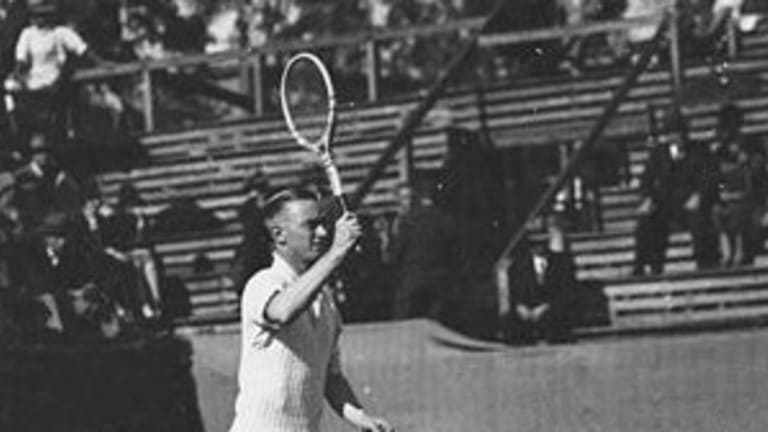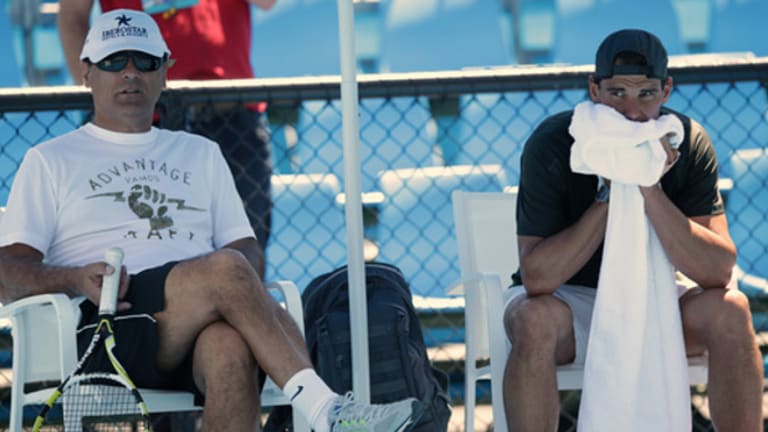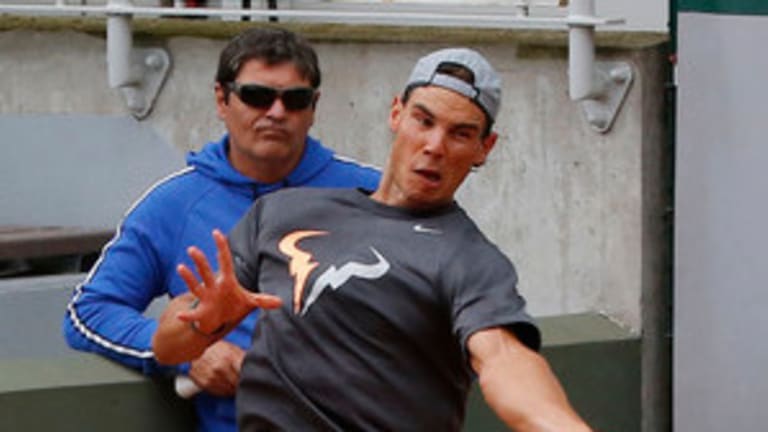It wasn’t so long ago that Mary Carillo, while commenting on U.S. television, could make the words “Uncle Toni” sound like something of a joke. What kind of tennis pro brought his uncle along to coach him at a Grand Slam? That would be Rafael Nadal, of course, a teenager from a small island who, at the time, was challenging Roger Federer for the French Open title. In those days, Federer’s coach was the legendary Australian champion Tony Roche. Uncle Toni vs. Tony Roche: It was hard to disagree with Carillo that this didn’t sound like a fair fight.
Rafa, Carillo, and the rest of us have come a long way since then. And so has the man now universally known as “Uncle Toni”—Toni Nadal, it seems, is uncle to us all. But no one says his name like it’s a joke anymore. On Sunday, Rafa was widely praised for winning his 14th Grand Slam title. What went unmentioned was that his uncle had won his 14th Grand Slam title as a coach. We spend a lot of time wondering whether Rafa could one day be considered the greatest player of all time. But we might want to start asking another question: Is Toni Nadal already the greatest coach of all time?
Toni, an even more hard-bitten realist than his nephew, would almost certainly demur. And he wouldn’t be wrong to do so: If it’s difficult to compare tennis players from different eras, it may be even tougher to compare coaches. At least the players have always had the same objective, to win. The job of tennis coach has evolved drastically through the decades, and the version that we know now hardly existed before the 1970s.


